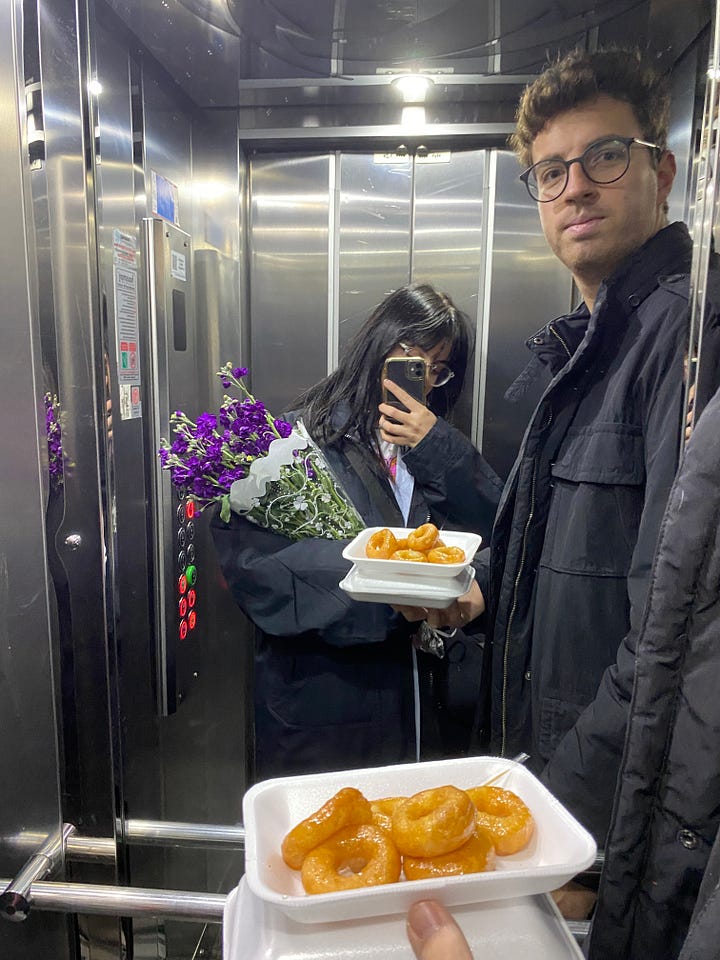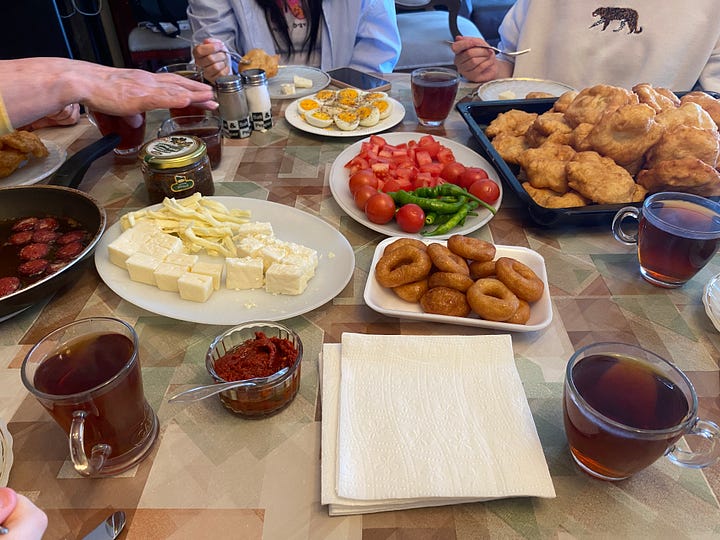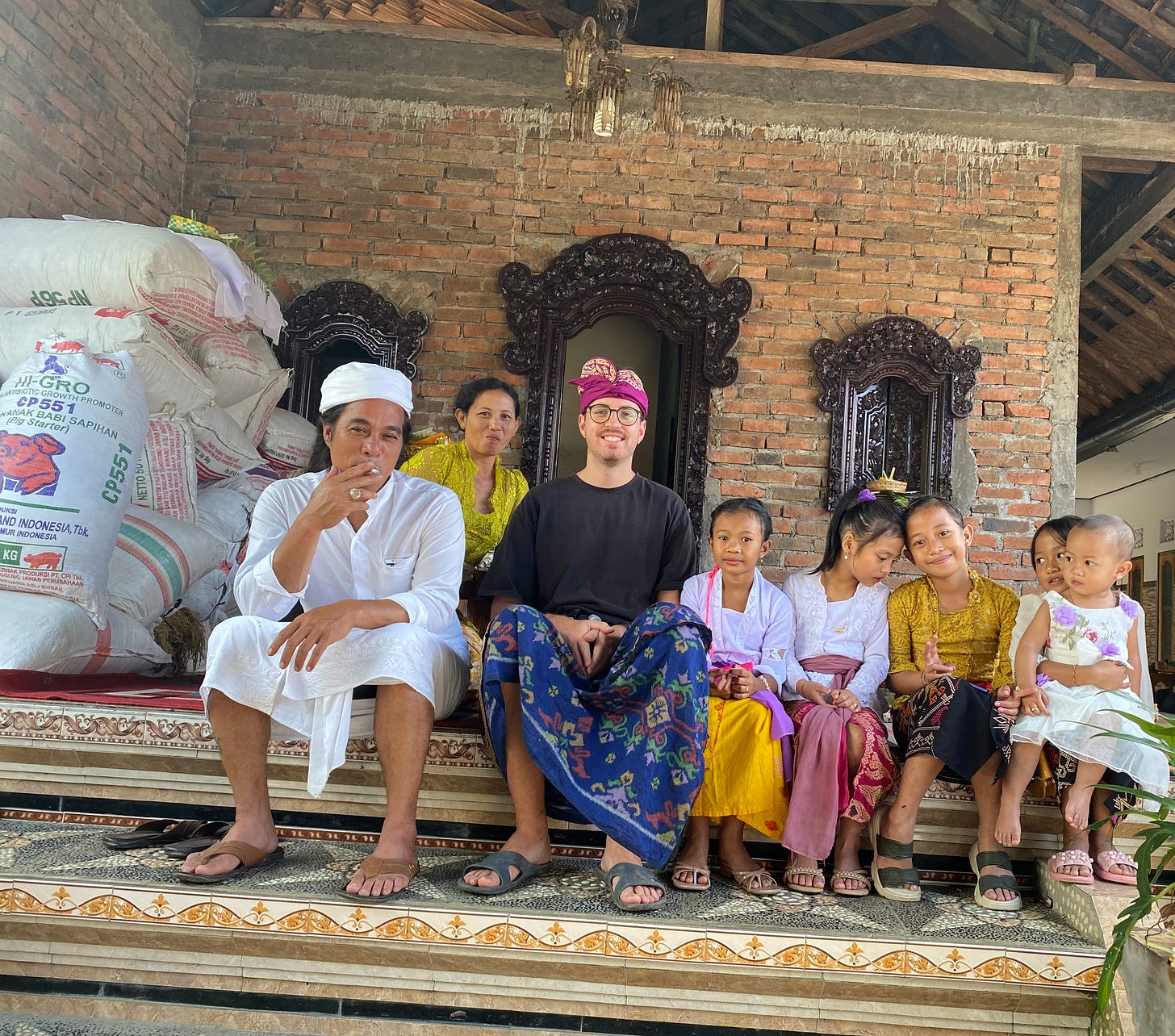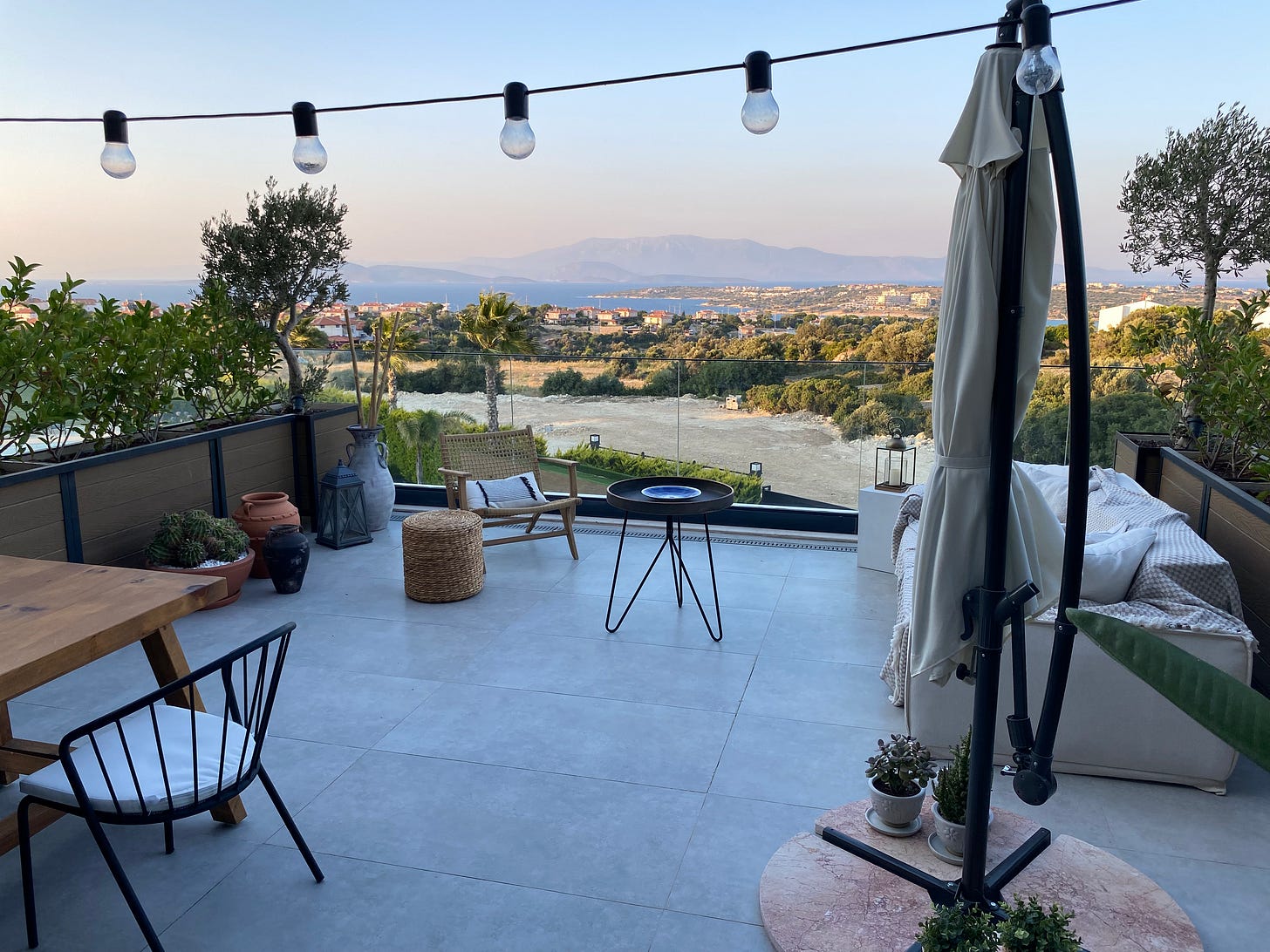orient-ed
“I hate travelling and explorers.” is the first line of Claude Levi Strauss’ famous memoir Tristes Tropiques (Sad Tropics). He was mad at all the travellers who color their insignificant happenings in their journeys to simply impress others. Why would someone read a useless shred of memory as the following: “At five thirty in the morning, we entered the harbour at Recife amid the shrill cries of the gulls..”
For a while, I have been using this blog to share my stories with my friends and fellow writers, thinking my posts as digital postcards. Now the journey is over, and I don’t want to write one more travel story. Plus, I don’t think telling encapsulated stories benefits anyone. Mr. Strauss already articulated this in his fashionable way. Also, stories are just one of the methods we apply to deepen our talks. And what’s beautiful is, the conversations we have without beginnings and ends, where we jump from one subject to another, without segmenting ourselves, keeping the spirit alive.
From now on, I will continue this blog in that format. As a distingué corner in this wide world, where my memories back up my discourse, filled with critiques and dreams and experiments of life.
humane
After one ecstatic year in Berlin and a long Asia trip, when I came back to my hometown, Izmir, I started to notice things that didn’t interest me before. The other day while I was waiting at the cashier in the supermarket, the checkout girl asked the man in front of me, “uncle, would you like to get a grocery bag?” “Thank you, my daughter.” said the old man.
Then I thought, even when we do business with someone who is completely stranger to us, we address that person with family terms. Uncle, auntie, daughter, son are common forms of address. I stayed in Germany for one year, but I didn’t overhear any of these terms between people. Most people just use Sie. In retrospect, I recall Habibi and Hermano in other countries, which are often used in daily life. My guess is that in all the places where individualism does not completely infiltrate the society, you still find the notion of kinship in the language. And that sprinkles a little humanity into our daily exchanges, which today, are merely transactional relationships in the rush of city life.
Last Friday was Mi’raj - a holy night in the Islam world. In my hometown, we have a ritual, women cook some kind of pastry - pisi - and share it with neighbours and relatives. That day, my sister and I bought a flower and visited our grandmother. Together with the cousins, we had a feast for brunch. Even though I am glad that society has become secular, I don’t have an objection to family-gatherings and gorging myself with an unhealthy pastry.




These 2 are some examples why people - me - from developing countries feel alienated or isolated when they settle in the economically developed but individualistic cultures.
finding good restaurants
One of the changes I noticed is the new restaurants in the neighbourhood. And I can easily say that most of them are awful. I must admit that I am assertive about finding good eateries. The secret is that good ones are just being themselves while others copy someone else.
Man is the creature who does not know what to desire, and he turns to others in order to make up his mind, said Rene Girard. You can notice that bad restaurants often follow the trends, or imitate something else.
In Berlin, most of the restaurants are terrible. Germany doesn’t have a food culture, thus every restaurant is a poor copy of a world cuisine. In contrast, when you go to Thailand, Turkey or Egypt, there is a high chance you will spend some delicious time eating in a small traditional family restaurant. But be cautious, there are bad imitations in those countries too.
New restaurants in my neighbourhood are trying to be different, modern but they fall into the trap of imitation game. I am not saying that everyone should be avant-garde chef. The easiest way to be different is being ourselves. We are a unique combination of a million different variables.
While we - new generation - forget that no one can outcompete us when we are being ourselves, tradition laughs at us and continues cooking its delicacy for 60 years without caring about new trends.
second-tier cities
After university and the first couple of years in working life, the people around me have begun to question living in a metropolis. Hectic, busy, and costly lifestyle combined with a monotonous but stressful work schedule made me and my friends anxious and disoriented. But, I believe there is another ignored cause.
There are 3 phases of creative work; collecting input, creating and sharing. Cities are great sources of inspiration and input. In Berlin, you can visit a different art gallery, listen to the most underground music or follow the new fetish fashion everyday. You can involve in any type of subculture. This also connotes that cities are great places to share your work. There is a huge demand for the new, different.
That leaves us the creation part. Most of us don’t play in Berghain on Friday nights and have a regular business. But, we want to go beyond our routine operations, be the most artistic and creative version of ourselves. Unfortunately, we only collect input in the cities. We don’t have time to sit alone in a room, contemplate, and turn what we consume to an output. Or even just contemplate. Aristotle believed the highest activity possible for human beings is the contemplation of unchanging truth. Either for its intrinsic value or to create an external output, we need a calm mind and more free time.
After years in the collection phase in big cities, now I moved to Izmir, the second cultural city of Turkey. I realized that every country I visited has a second-tier city where people are calmer, friendlier and you are still exposed to some level of diversity. Chiang Mai in Thailand, Penang in Malaysia, Luang Prabang in Laos are some examples in the east. My thesis is that second-tier cities are great places for contemplation and creation. There is fewer distraction, or sources of inspiration, less rush, more leisure time. After an exploration phase in a metropolis, you can move to a second-tier city to begin the next stage of your life. Berlin will always be there to collect input, you can visit it every so often, and share your work when you are ready.
brave new world
The last topic that I want to mention is the reason why I moved to Izmir. I am building an entertainment company. There will be media, travel, commerce and more.
One of things I noticed in recent years is people - me - searching for experiences, places to connect with each other. Every year we create a more isolated, comfortable and a demystified world where personal development triumphs while social development is hindered.
I am creating a world where we enjoy the unknown and mystery, where we don’t run away from the problems but create funny stories from them, where we share challenging but fun experiences. It will start in the digital and continue in the physical world. I would like to occasionally post updates in this blog.
Thank you for reading and following. Please share your thoughts in the comments, reply to this email, or slide into my DMs.
Until next time, take care.
can








Hey Can, even though it feels a little strange to write to you in English, where our common mother language is turkish, I will do it for the sake of your possible future international fans.
I believe that the format change was an obligation at some point because of the lack of infinite travelling material ehe. And I find it beatiful to shuffle through different topics where you pour your everyday thoughts.
Thanks for sharing. Hope to hear further about your business ideas, worthless daily observations and improvement in your vocab range.
All the best,
Anil.
Nice piece with lots of thought provoking unconnected ideas (at least they felt that way to me). Funny but I saved your email as "unread" in my inbox for weeks. I never do that but something had caught my eye after a quick scan on Feb. 23. Glad I kept it.